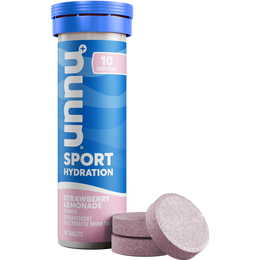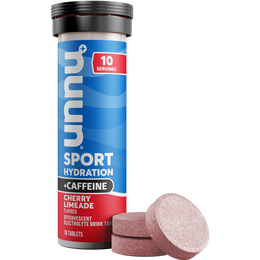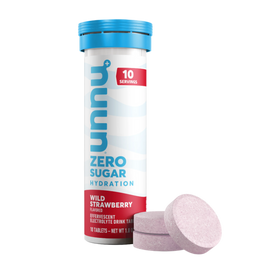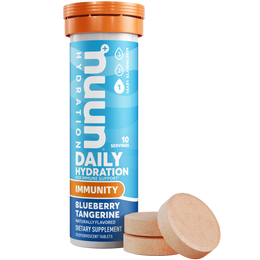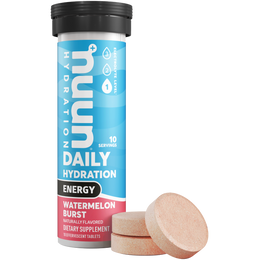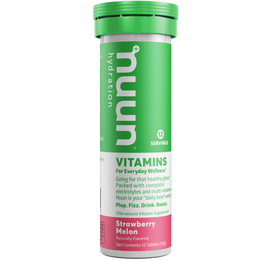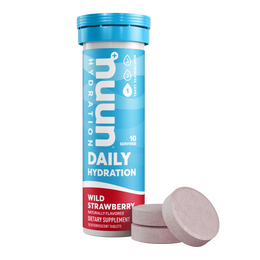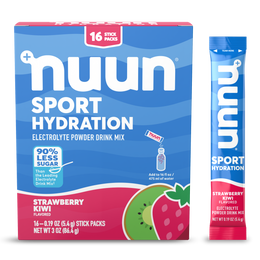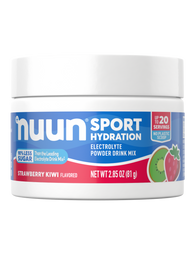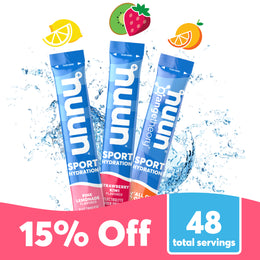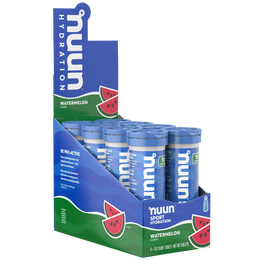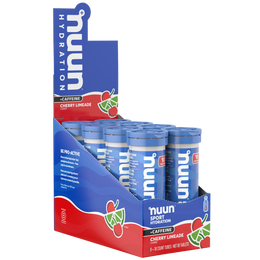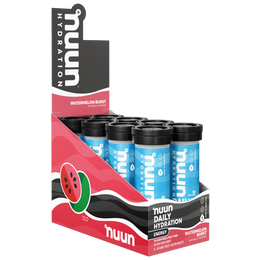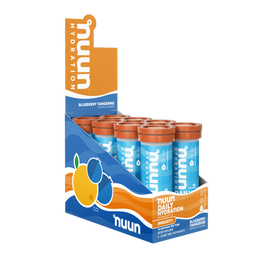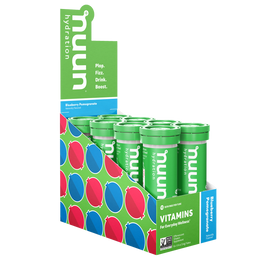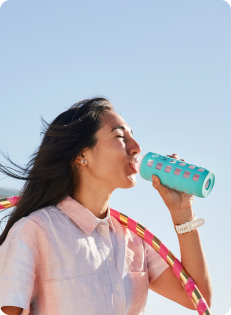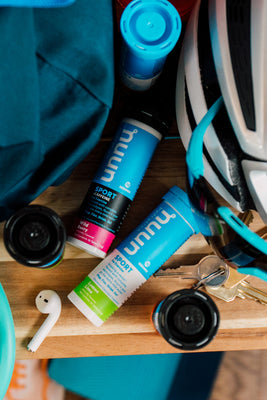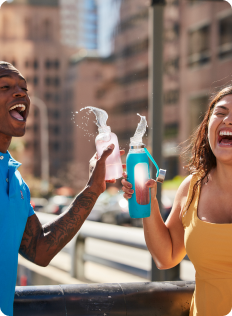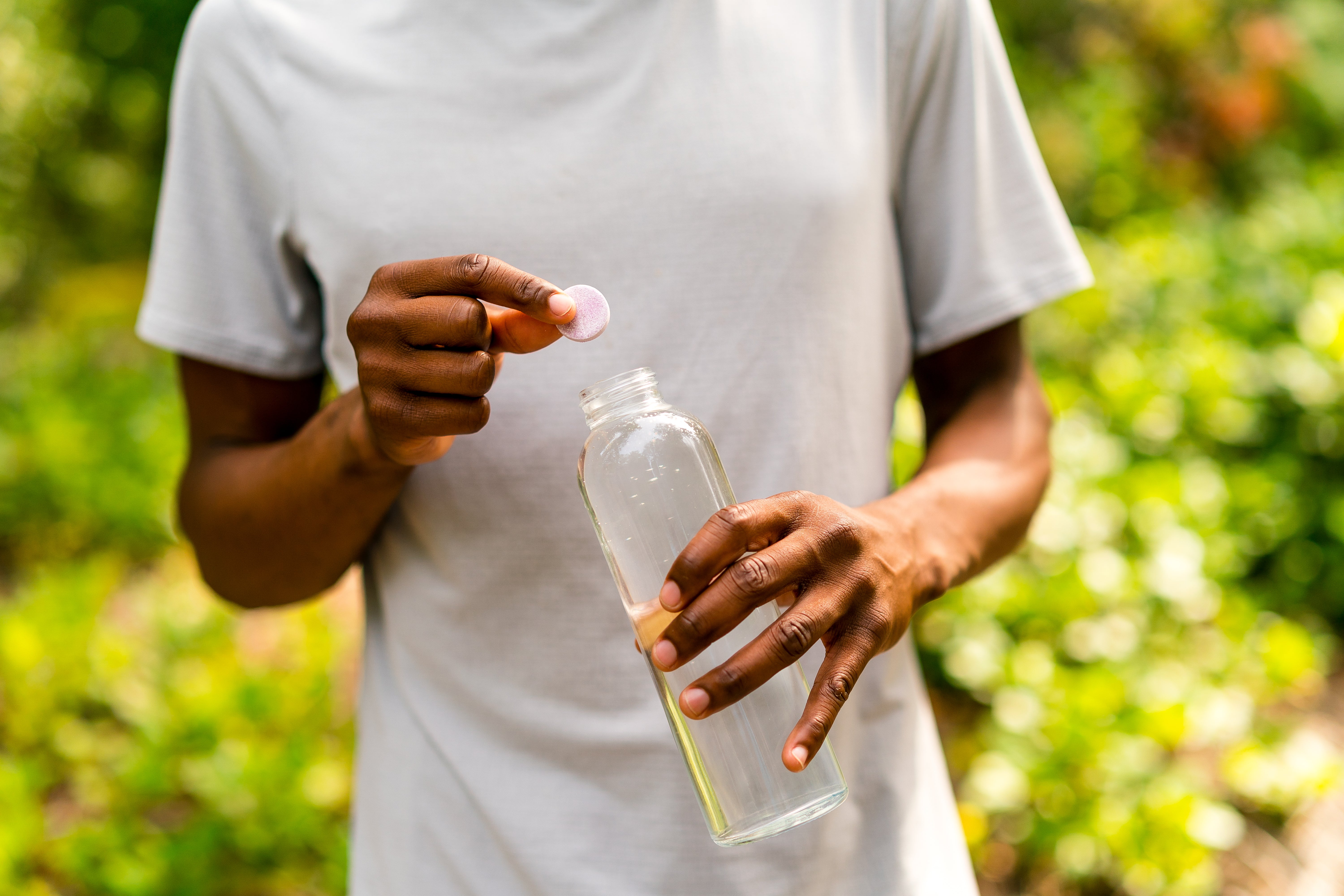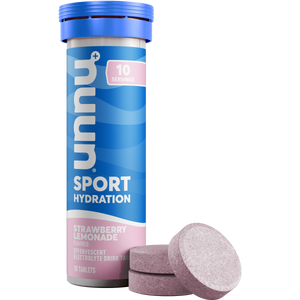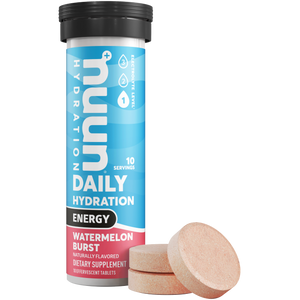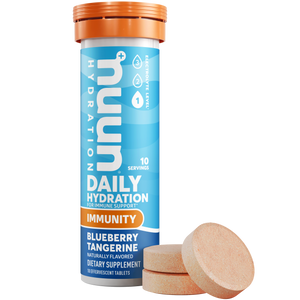Monitoring your Hydration Status

By: Vishal Patel,
Chief Nutrition Specialist
This month on our blog we are going to be focusing on providing tips on ways you can ensure you’re staying hydrated this summer. During the summer months we see athletes generally pay more attention to hydration status throughout the day. This is great and all, but really monitoring hydration should be year-round focus, not just when it’s hot out. There are many ways you can find out for yourself whether or not you’re doing enough to battle the environmental conditions.
Three ways to monitor your hydration status:
- Monitor your urine color.
This is by far the easiest, most convenient way to find out whether or not you are drinking enough, and whether or not, you are absorbing the fluids being consumed. Keep an eye out on your urine color as the day progresses, aim for a pale yellow color. If it’s too dark, you need to hydrate now. Too clear, and you’re not absorbing the fluids being consumed. Sodium plays a key role in ensuring the water being consumed is pulled towards your cells – to help the nutrients and fluids get to where they are most needed. Therefore, keep the electrolyte intake up especially during the recovery phase.
- Urine analysis.
You can buy some regent strips at your local pharmacy for a few dollars. This is a great way to not only find out (a bit more precisely) your current state of hydration, and whether or not you are absorbing the fluids, but it can also provide some information on your macronutrient intake and absorption. Below are some instructions on how to conduct a urine analysis.
A key measurement in a urine analysis is specific gravity (SG), which essentially measures how concentrated your urine is. It spits out a value ranging from 1.005-1.030, generally the higher your SG the more dehydrated you are. A normal SG value should read 1.005-1.015. If you notice a value higher than the norm, don’t sweat it – follow the instructions in the chart to get yourself back to a hydrated state. Then re-test yourself in 24 hours.
- Sweat test.
I always recommended the athletes that I coach and consult to conduct a sweat test at the beginning and middle of each season. See, as environmental conditions, general fitness, amongst other factors continue to develop – your need for not only fluids but certain macronutrients (carbohydrates) change. It is generally understood that as fitness increases, the body begins to utilize nutrients differently (in some cases more efficiently) – this might require more fluids to meet the demands your body is throwing out there. A simple way to conduct a sweat test would be:
- Weight yourself (nude) prior to a run
2. Run for 60 minutes (do not consume any fluids)
3. Weight yourself (nude) after the run
4. Subtract your weight before/after
5. For every 1lb lost = ~16 fl oz lost
Note: it is very important to point out that just because you lose 16 fl oz per hour, doesn’t necessarily mean you need to consume that much fluids. Some dehydration is okay; in fact, trying to match your fluids lost during exercise may results in over-hydration. In several studies conducted amongst elite athletes, competing in events ranging from the marathon to ironman-distance triathlons, showed that the top finishers in some cases would lose up to 5-6% body weight – and still put up fantastic performances. So, some dehydration is okay – say 2-3%. I always advise athletes to aim to replace half of the fluids you are losing, with a +/- 4-6 fl oz ranges. For more information on our sweat test, read our previous blog.
Happy hydrating.
